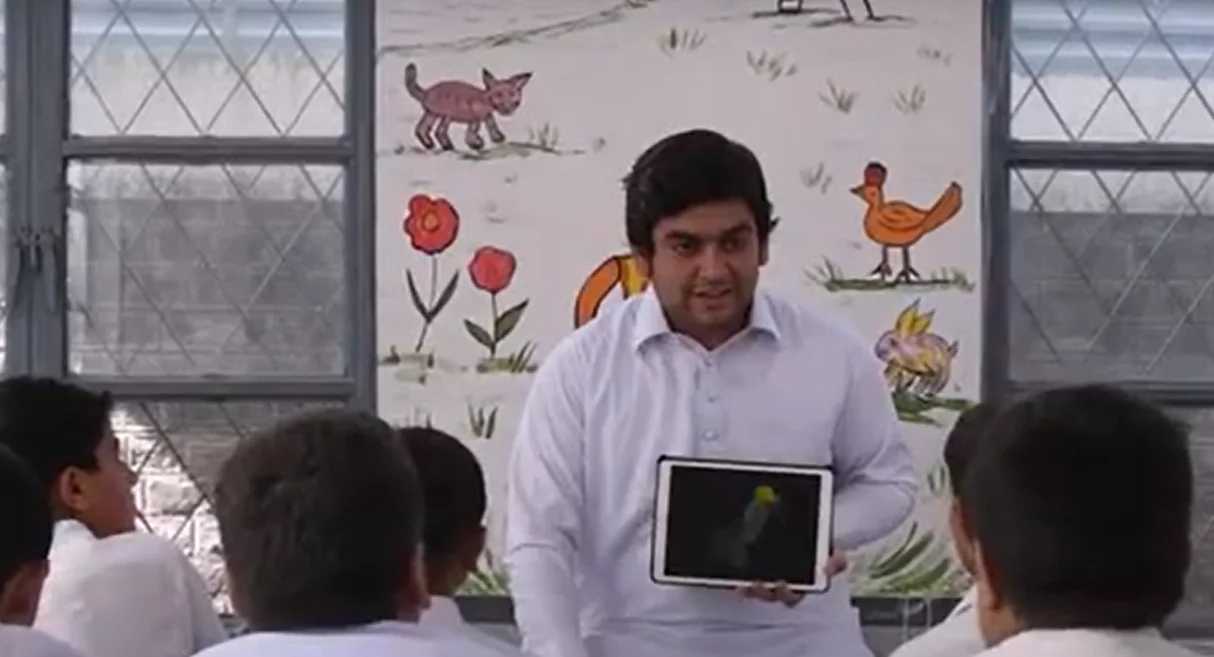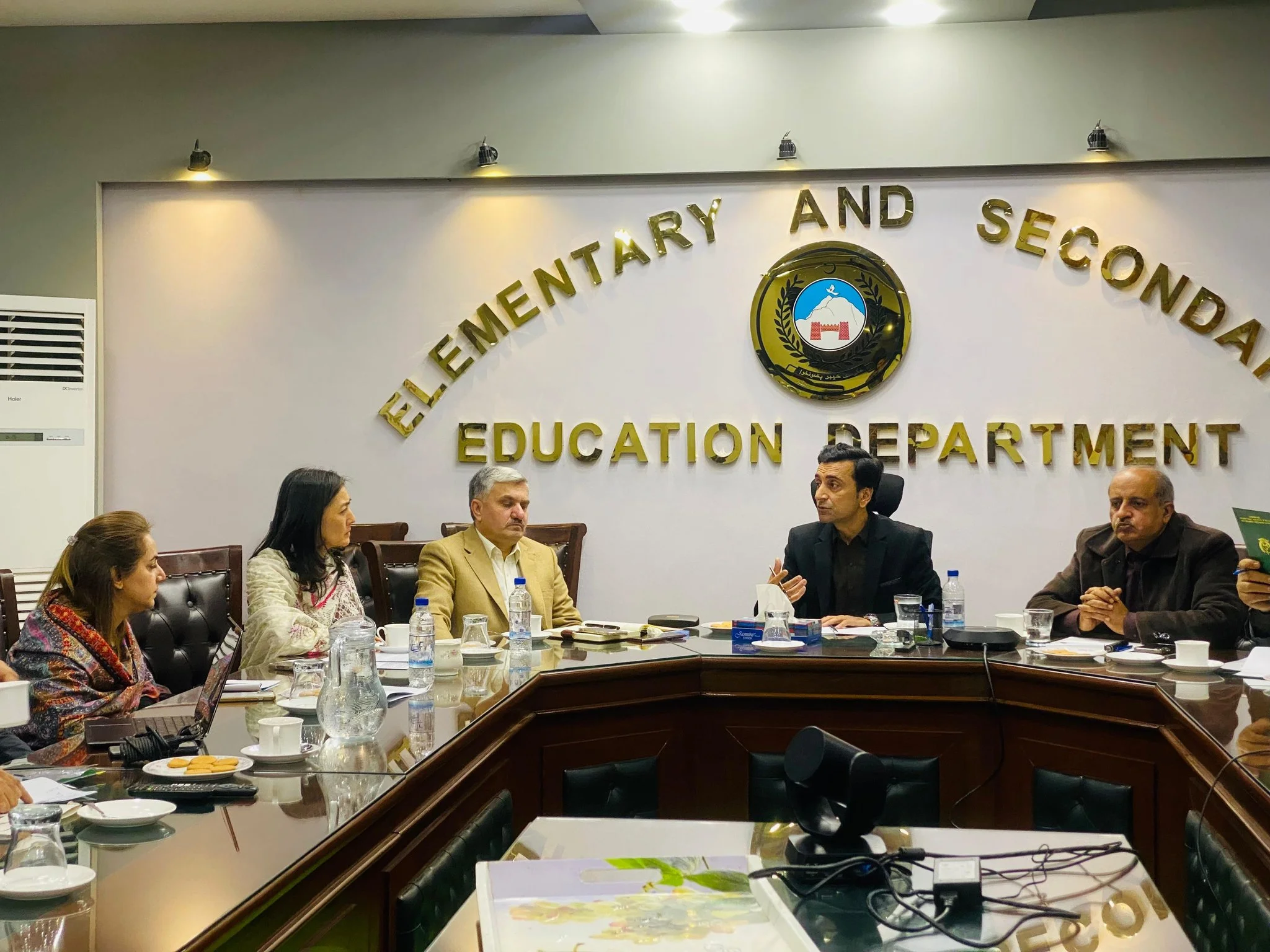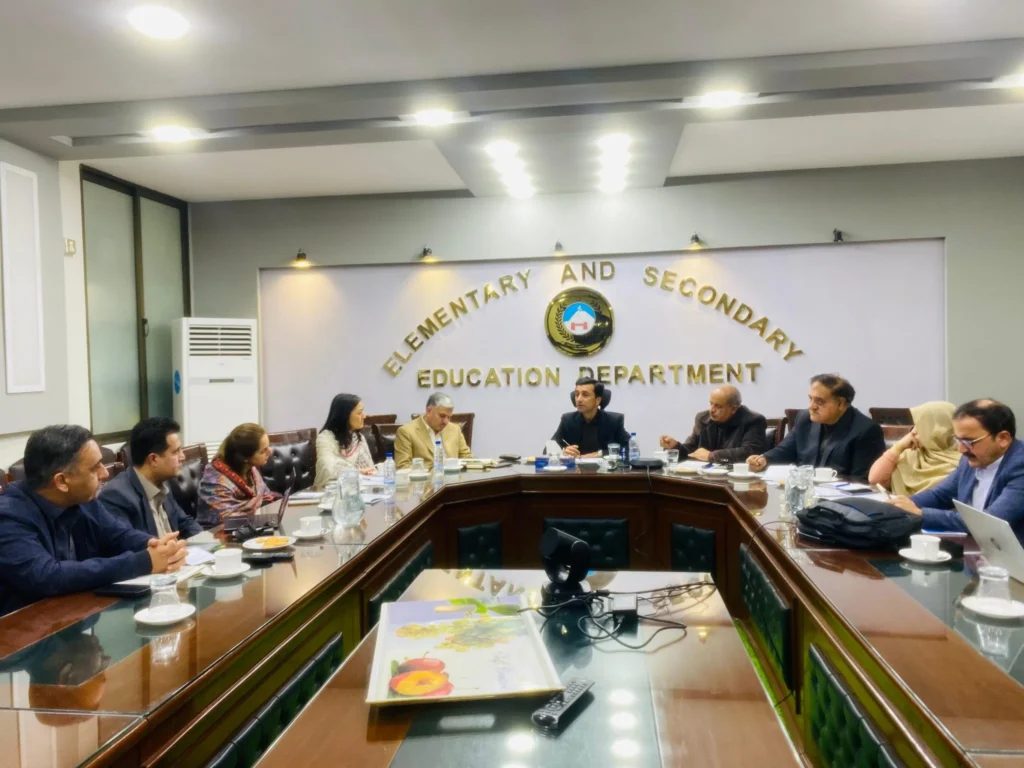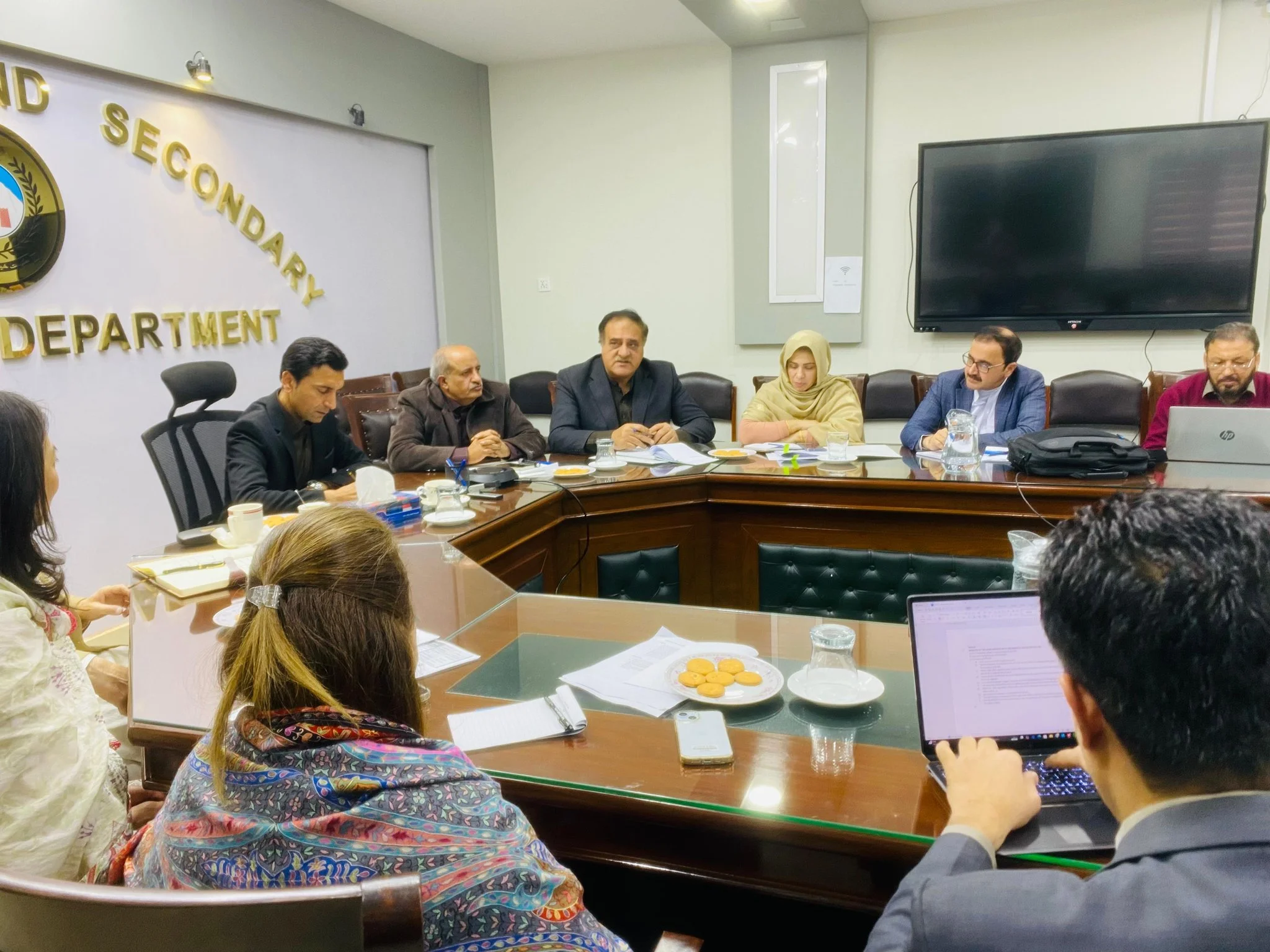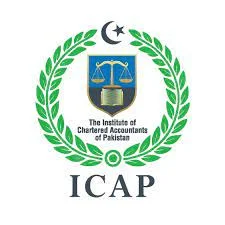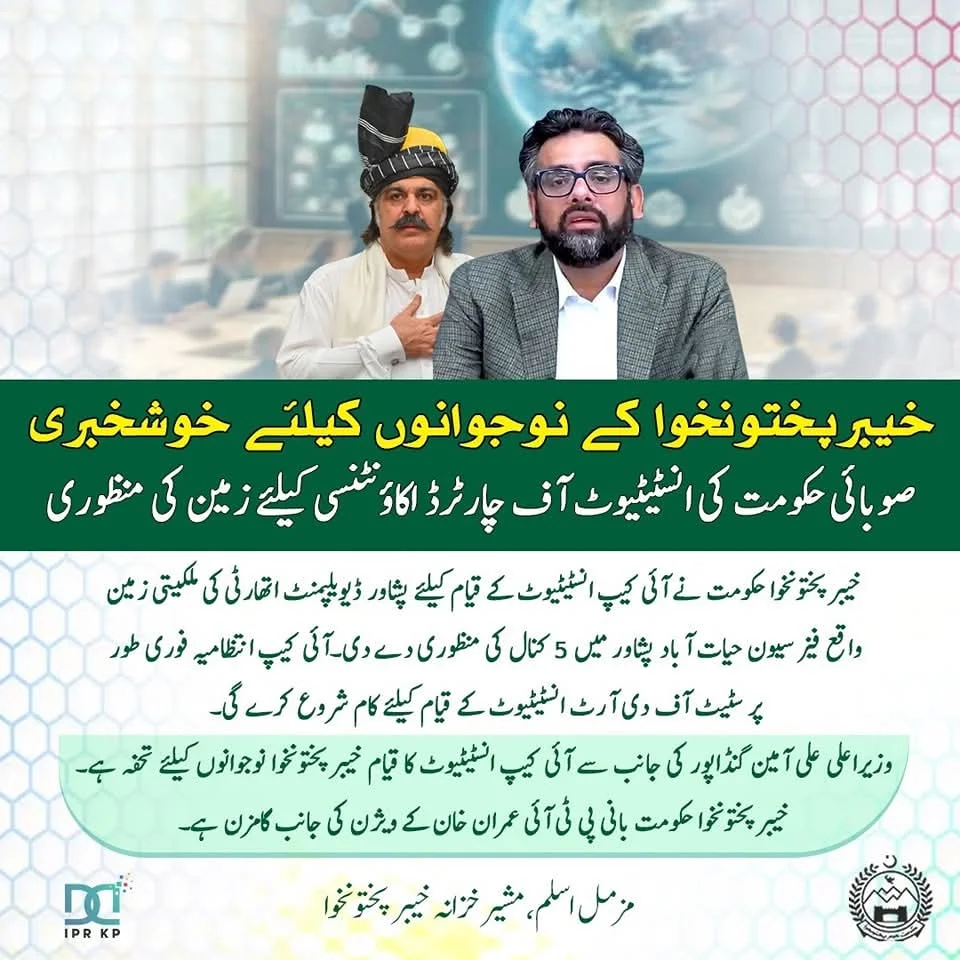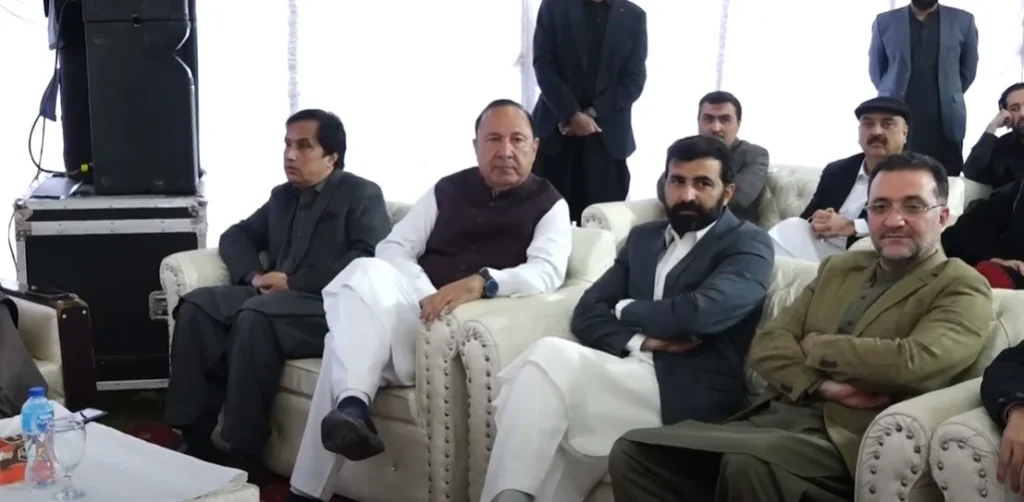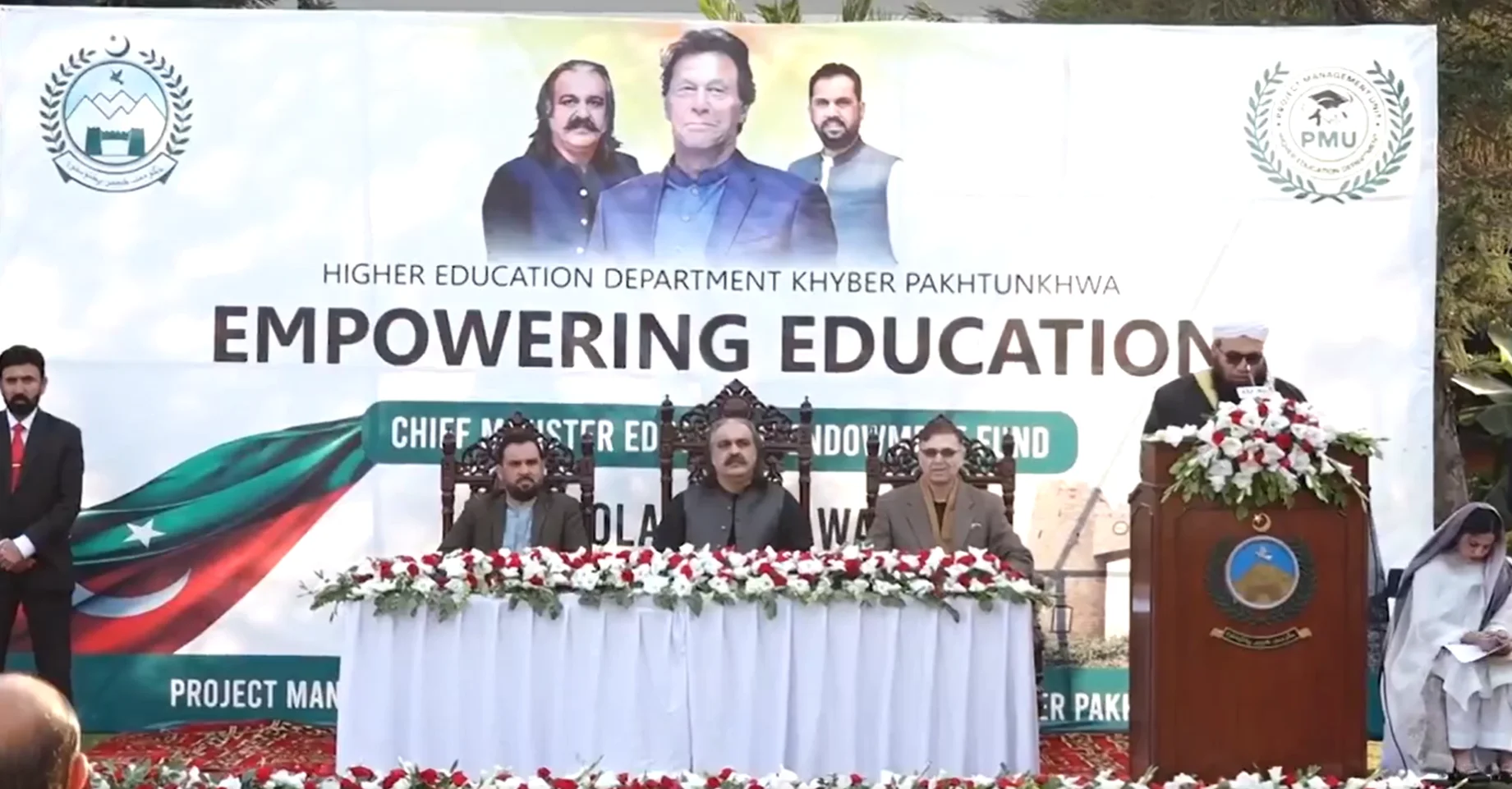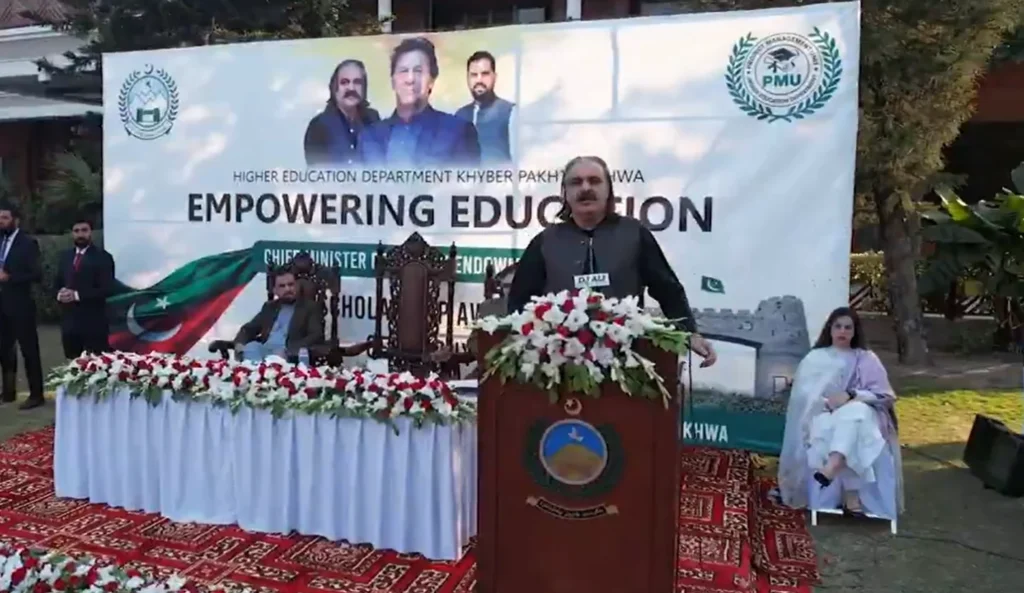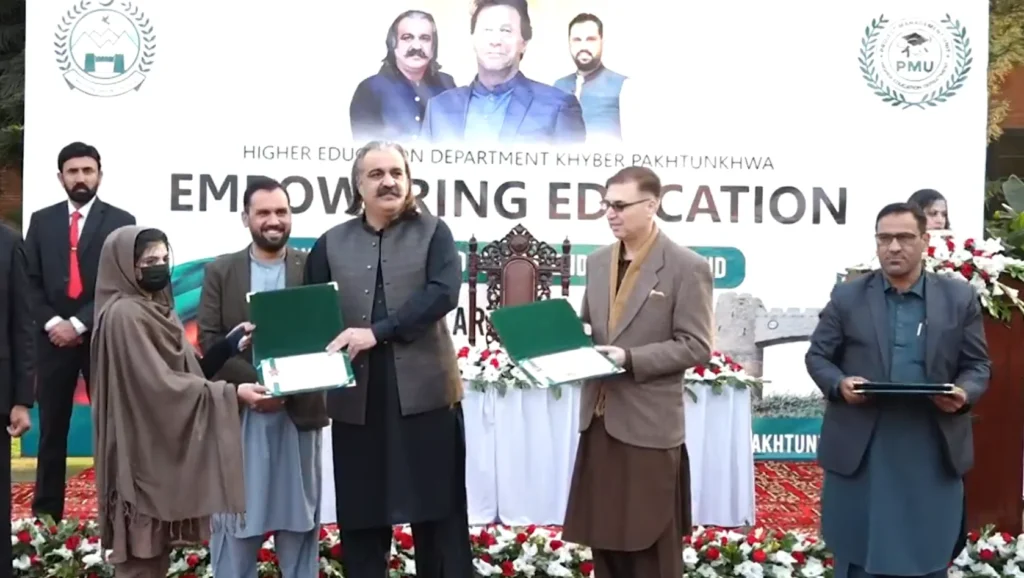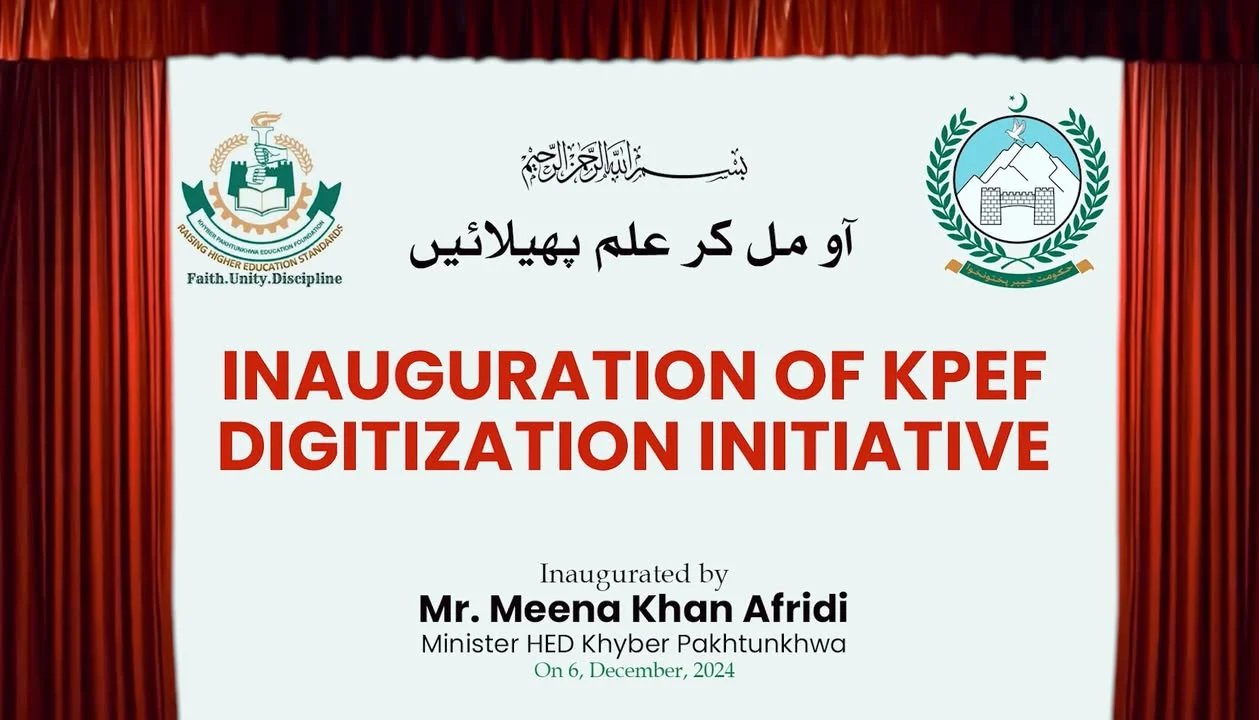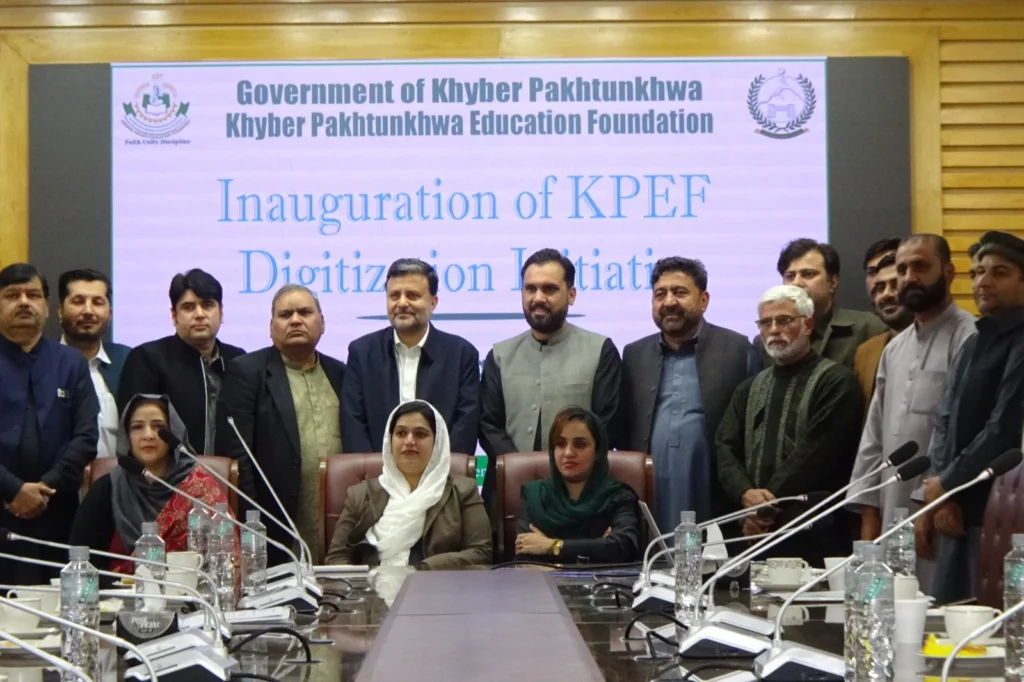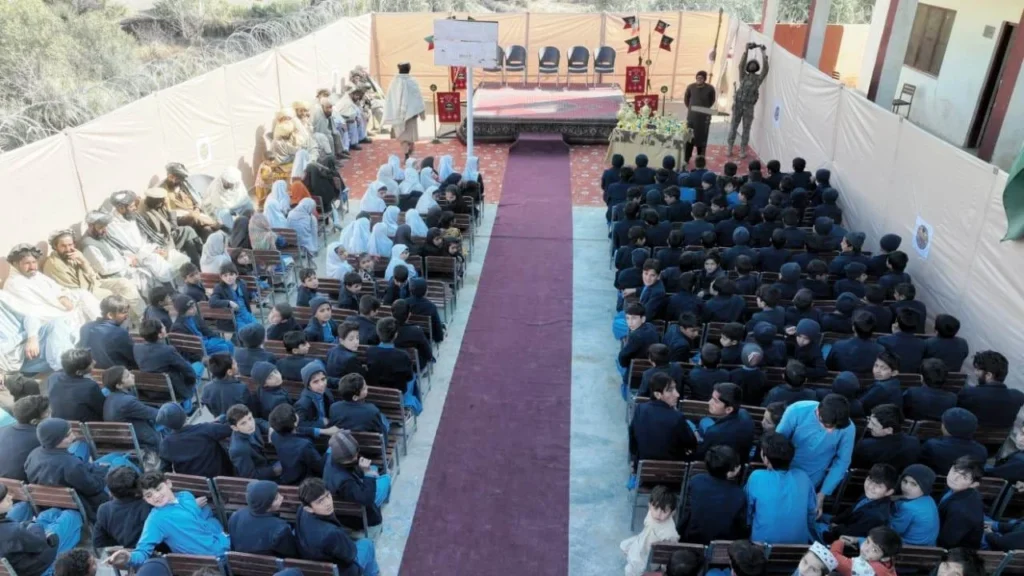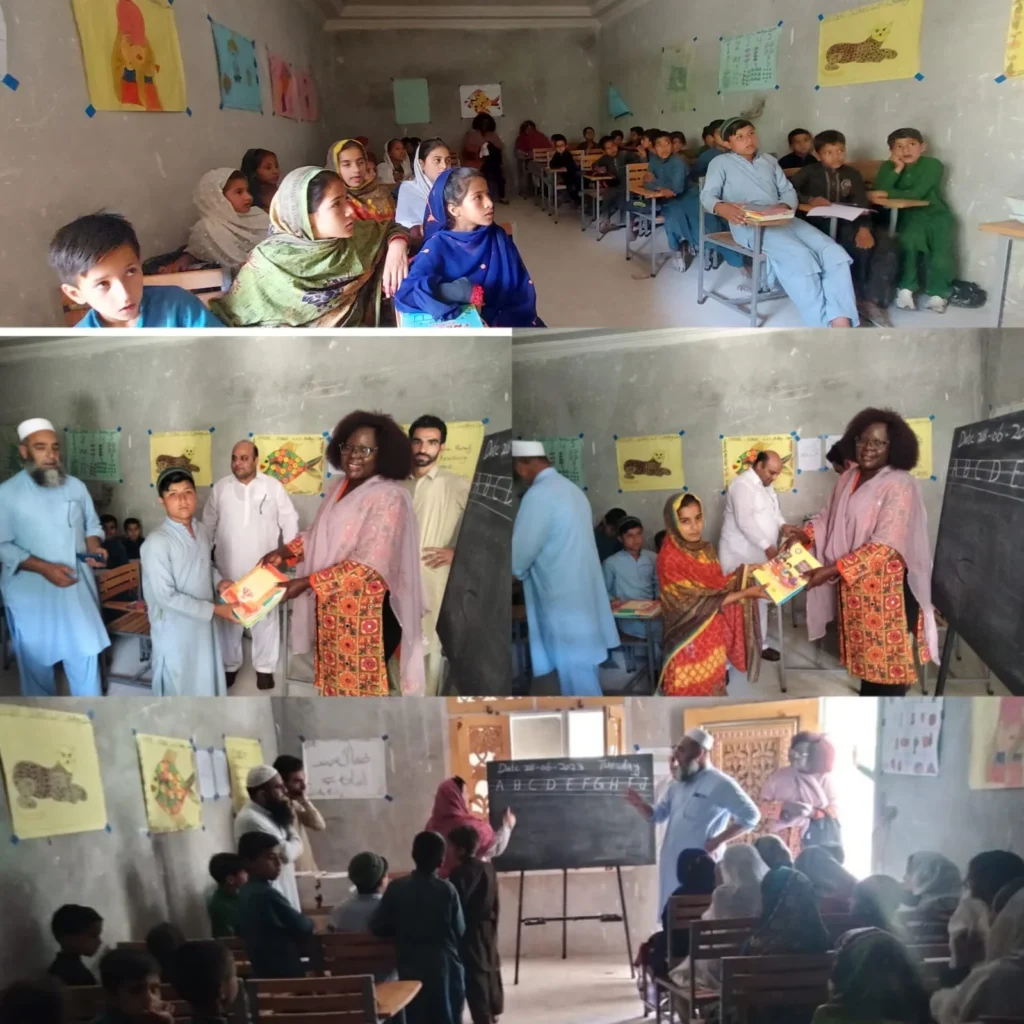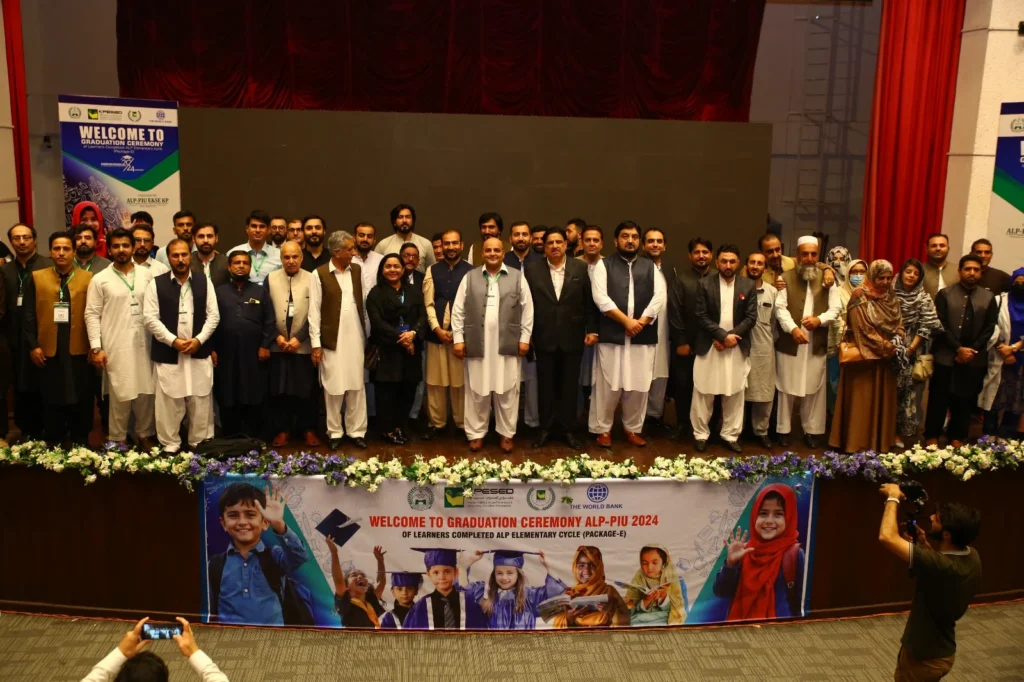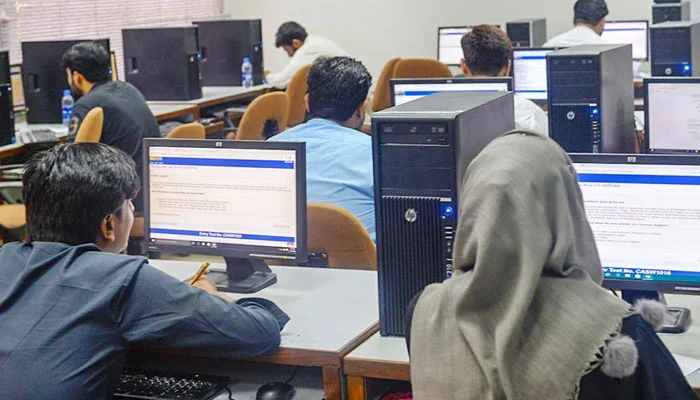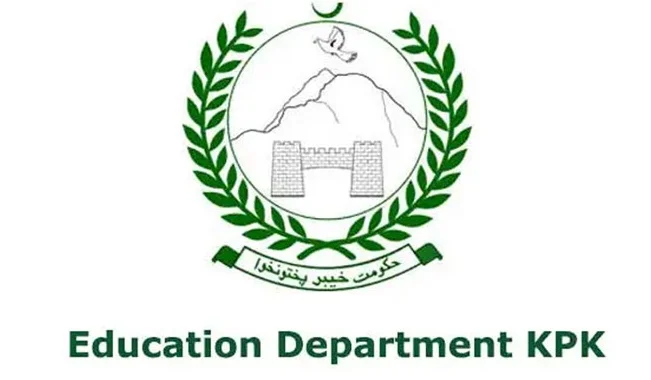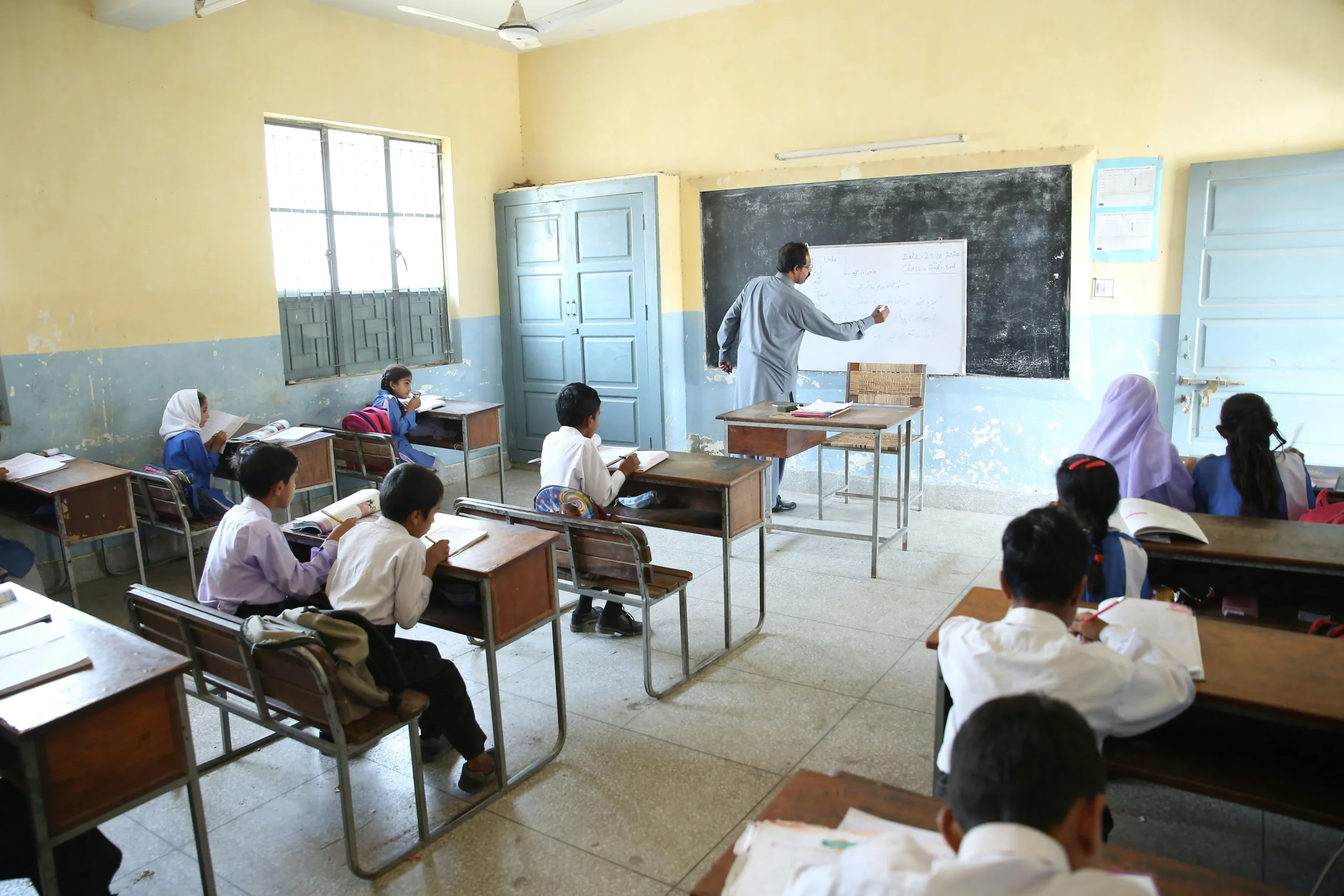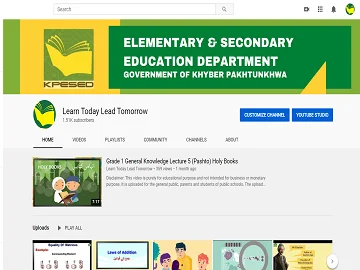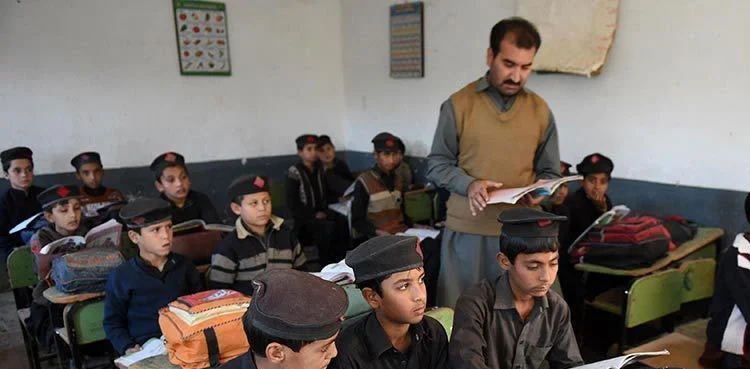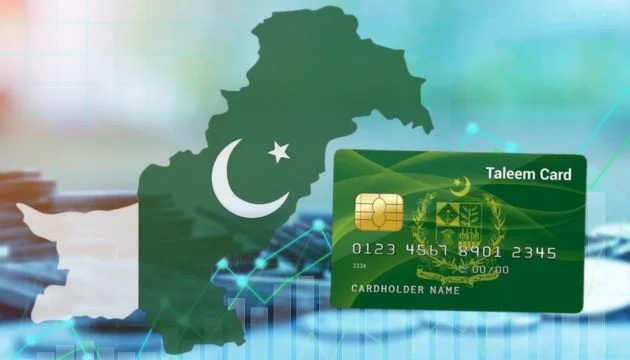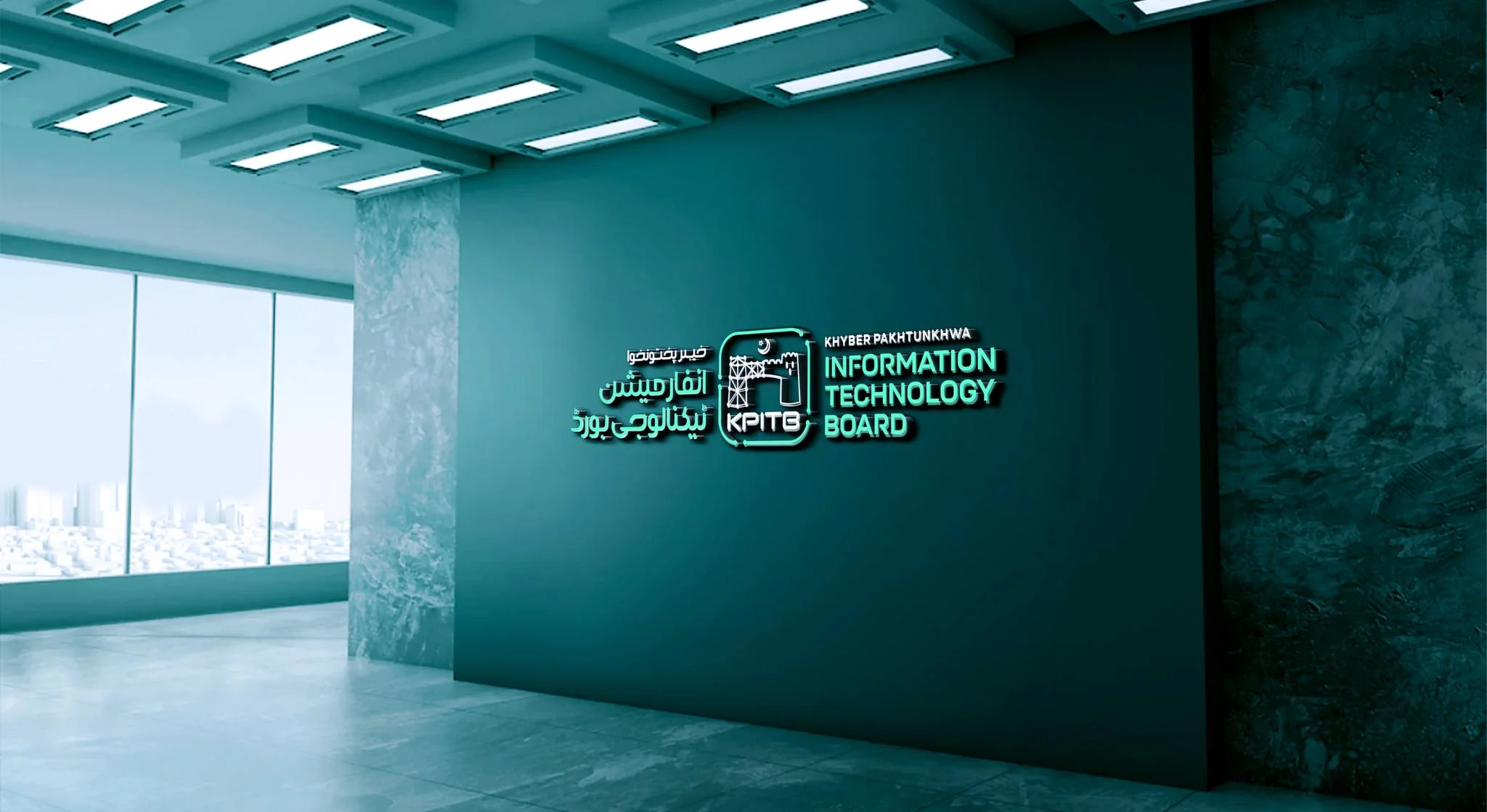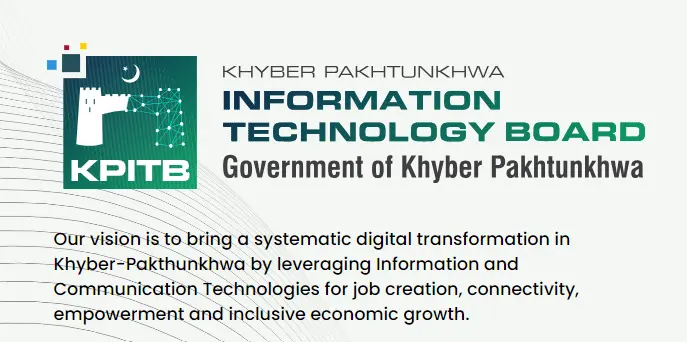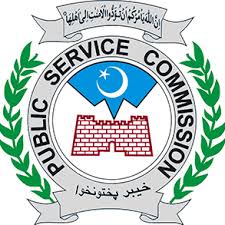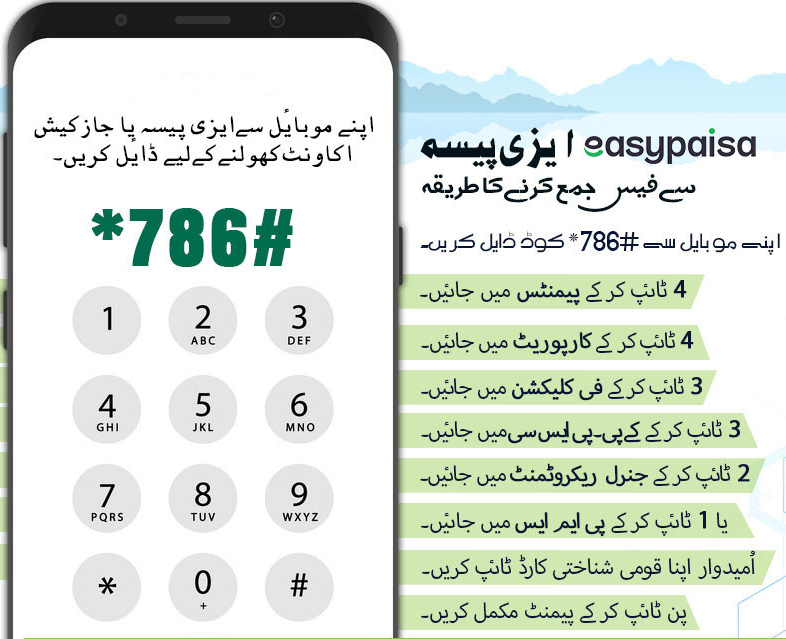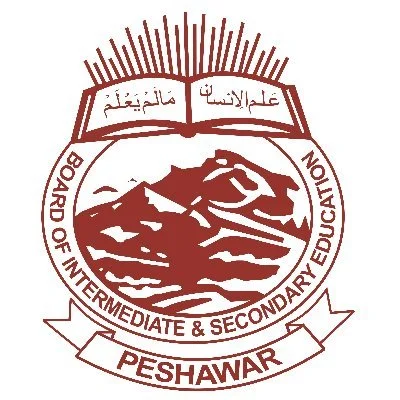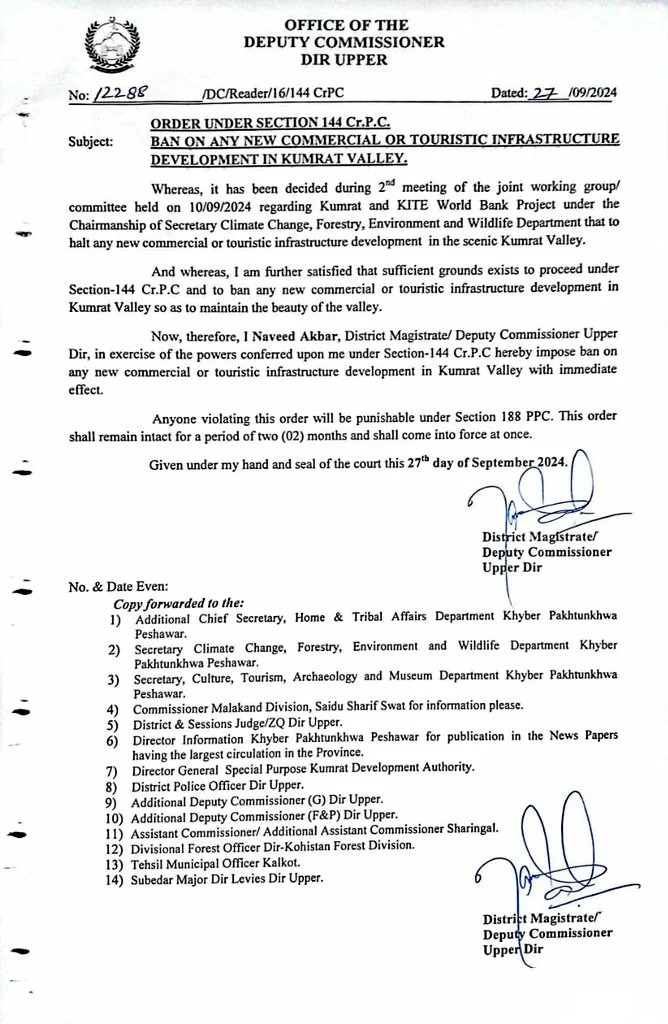To improve the quality of education in Khyber Pakhtunkhwa (KP), the provincial government, under the leadership of Chief Minister Mahmood Khan and the efforts of the Provincial Education Minister, has announced the recruitment of 16,247 teachers.
This decision (KP Education Hiring Teachers) aligns with the vision of former Prime Minister Imran Khan to promote quality education and create employment opportunities for the youth.
This massive recruitment drive is aimed at addressing the shortage of qualified teachers in the region and ensuring that students receive a high standard of education.
By hiring skilled educators, the government hopes to uplift the education system, empower young people with job opportunities, and ultimately contribute to the socio-economic development of the province.
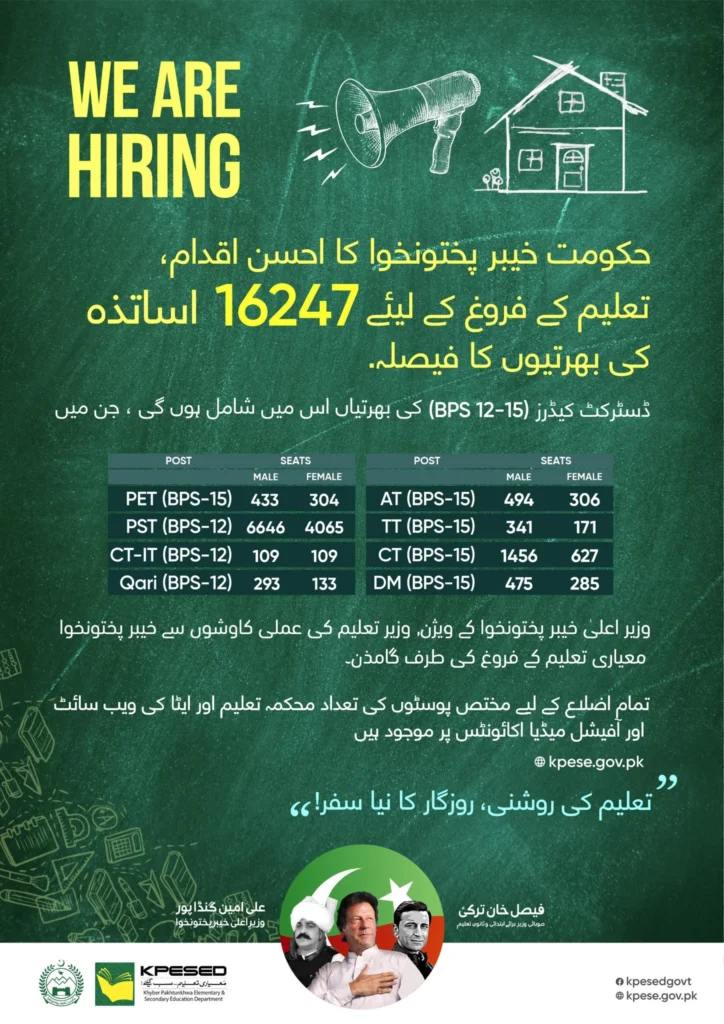
Why This Decision Matters
Education is the backbone of any society, and Khyber Pakhtunkhwa’s government has taken a commendable step (KP Education Hiring Teachers) to strengthen this sector.
The recruitment of over 16,000 teachers is not just about filling vacant positions; it’s about transforming the future of millions of students.
- Improving Educational Standards: With more qualified teachers, schools will be better equipped to provide quality education. This will help students develop the skills and knowledge needed to compete in today’s world.
- Creating Job Opportunities: The recruitment drive will provide employment to thousands of young, educated individuals, reducing unemployment in the province.
- Empowering Communities: Better education leads to empowered communities. Educated individuals are more likely to contribute positively to society and drive economic growth.
Details of the Recruitment Process
The government has made the recruitment process transparent and accessible to all.
Detailed information about the available teaching positions, including district-wise vacancies, eligibility criteria, and application procedures, is available on the official website of the Education Department and their social media accounts.
Prospective candidates are encouraged to visit these platforms to stay updated and apply for positions that match their qualifications.
This open and inclusive approach ensures that the best talent is selected to shape the future of KP’s education system.
A Step Towards Imran Khan’s Vision
This initiative reflects Imran Khan’s long-standing vision of transforming Pakistan through education.
During his tenure as Prime Minister, he emphasized the importance of investing in human capital and creating a knowledge-based economy.
The KP government’s decision to hire thousands of teachers is a practical step towards realizing this vision.
By focusing on education, the government is not only addressing immediate needs but also laying the foundation for a brighter future.
Educated youth are more likely to innovate, lead, and contribute to the nation’s progress.
What This Means for Students and Parents
For students, this decision means access to better teaching and learning environments.
With more teachers, classrooms will be less crowded, and students will receive more individual attention. This will improve their academic performance and overall learning experience.
For parents, it’s a reassurance that their children’s education is a priority for the government.
They can expect their children to receive a quality education that prepares them for future challenges.
Conclusion
The Khyber Pakhtunkhwa government’s decision to recruit 16,247 teachers is a game-changer for the province’s education system.
It demonstrates a strong commitment to improving educational standards, creating jobs, and empowering communities.
This initiative is a testament to the power of visionary leadership and practical action.
By investing in education, the government is investing in the future of Khyber Pakhtunkhwa and Pakistan as a whole.
Stay tuned to the official Education Department website and social media channels for updates on the recruitment process.
If you’re a qualified individual looking to make a difference, this is your opportunity to contribute to the education sector and help shape the future of the next generation.

